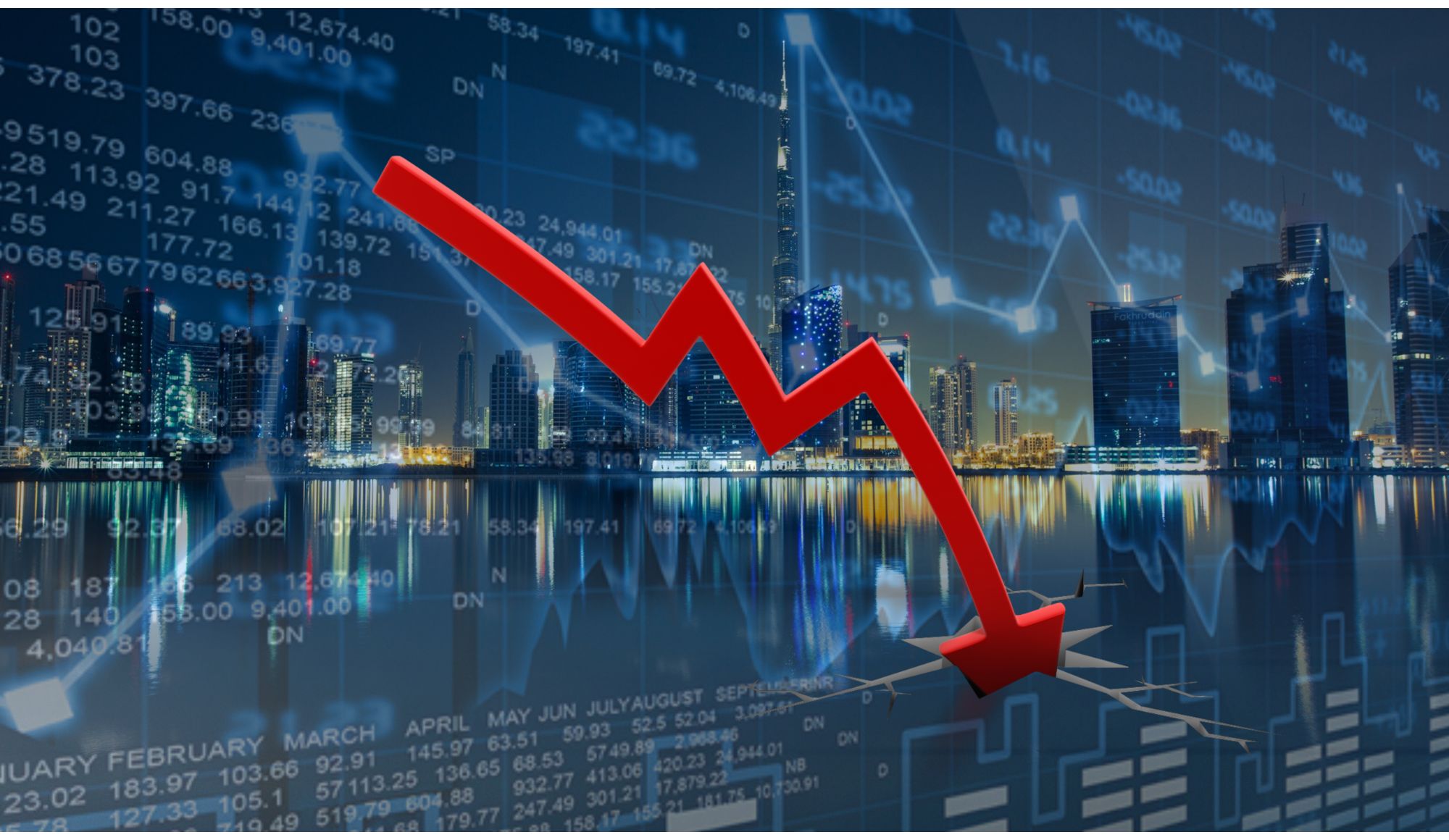Will SoFi Crash the Market?
SoFi Technologies is a lender and online bank that has recently received some troubling publicity. A warning was recently issued from Acting Comptroller of the Currency Michael Hsu, bringing heat to SoFi’s (SOFI) stock.
Like most tech stocks, shares of SOFI are down over 60% year to date, and while many beaten-down stocks will rise again, there are some concerns surrounding fintech services and digital banks.
Could this finance company’s stock cause a market crash? Is investing now worth the risk?
The rise of fintech companies
The rise of financial technology (fintech) innovation has become apparent in recent years. The total transaction value of digital payments grew from $4.1 trillion in 2019 to $5.2 trillion in 2020, with 46% of people exclusively using digital channels.
SoFi is a pioneer and became the first American-based fintech to receive a $1 billion funding round. Like other popular fintech companies, SoFi offers more features than ever, making it an attractive option to traditional banks.
This online bank became the dominant fintech with its acquisition of Galileo in 2020, and since then, it has strived to build the AWS of fintech. More recently, SoFi acquired Technisys, which has the potential to ignite the firm’s compound annual growth rate and cost savings. SoFi anticipates this will add between $500 million to $800 million cumulatively through year-end 2025, with high incremental margins.
So, what’s the issue?
Regulations are too lax for fintech companies, according to Hsu
SoFi is doing something right – it already has more than 4 million members. The fintech company is trying to change how U.S. consumers bank, but not everyone is convinced.
As Hsu noted, some fintech companies are now partnering with banks, creating complexity and “de-integration” across the space. He believes that fintech services could lead to a “severe problem or even a crisis.” As the federal banking system administrator, he thinks that fintech companies and big techs require much more attention.
In his opinion, the problem is that to provide a more seamless experience, banks and tech firms are partnering in ways that make it challenging for regulators to distinguish where the bank stops and the tech firm begins. This concern relates to SoFi, which, earlier this year, received a charter to become a bank holding company.
Reflecting on the 2008 financial crisis, Hsu worries about information security and resilience risks and increasing customer protection issues. The unknown concerns are the most troubling, as unseen risks can evolve into terrible surprises.
The regulations for fintech companies are much less strict than those imposed on banks, which, in financial experts’ eyes, could mean a pending crisis if concerns are not addressed.
A comparison here is the implementation of cryptocurrencies in some banking systems. Once interest rates rose, several crypto companies filed for bankruptcy. SoFi is a company that offers crypto and stock services that traditional banks do not, so some believe this is dangerous territory.
Should SoFi investors buy into the headlines?
In early 2022, SoFi hit a significant milestone and closed its acquisition of Golden Pacific Bancorp. Months later, SoFi began to experience the benefits of doing so, resulting in stronger-than-anticipated second-quarter results. SoFi’s adjusted net revenue hit a record $356 million, up 50% year-over-year.
Following the release of its earnings report, SoFi’s stock shares surged nearly 30%. These solid results were thanks to several variables, including higher net income from holding loans and lower funding costs.
When SoFi pursued a bank charter, many investors weren’t thrilled, mainly because of the highly regulated environment it would enter — which contradicts Hsu’s worries. What those investors aren’t seeing is the advantage of profitability. Being a bank is profitable, a goal many high-growth tech stocks chase but don’t achieve.
The verdict
The recent fintech call-out highlighted companies “like” SoFi. Reflecting on the concerns above, it’s unlikely that SoFi alone will bring down the financial system. However, it’s fair to say that a combination of several fintech companies may create significant risks.
Thus far, fintech companies have been a phenomenon of a decentralized marketplace. So, should the development of the fintech industry be driven by markets or regulatory authorities?
Understandably, some are concerned about the blurring lines between fintech companies and their traditional counterparts. However, as an investor, there’s plenty to be excited about regarding this one-stop shop for financial services. Those willing to gamble on SoFi now could scoop up shares for a bargain. Regardless of the recent negative headlines, SoFi is generating strong growth, and in the coming years, this stock could soar.
Sure, SoFi stock has fallen out of favor with Wall Street, but it is doing an excellent job of expanding its business. In the years ahead, investors could enjoy explosive growth.



